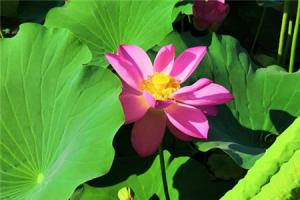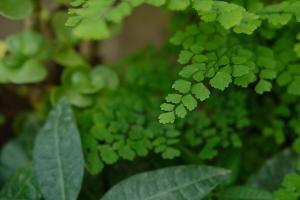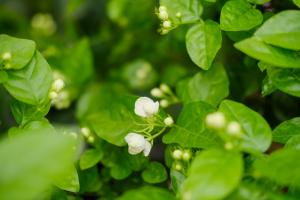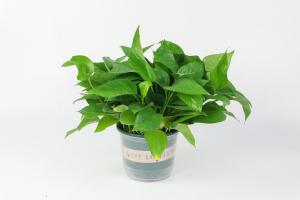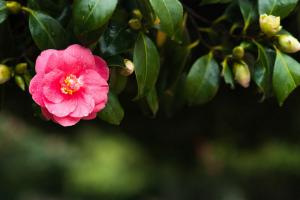Are Rutgers Tomato Plants Determinate?
Rutgers tomatoes are a popular choice for gardeners due to their delicious flavor and hardiness. However, one question that many gardeners have is whether Rutgers tomato plants are determinate or indeterminate. Determinate tomato plants typically grow to a certain size and stop growing, while indeterminate tomato plants continue to grow and produce fruit throughout the growing season.
Determinate vs. Indeterminate Tomato Plants
Determinate tomato plants are sometimes referred to as "bush" tomatoes because they generally grow to a compact size and stop growing after producing a certain amount of fruit. This can make them easier to manage in a small garden or container, as they don't require as much support as indeterminate tomato plants, which can grow up to 10 feet tall.
Indeterminate tomato plants, on the other hand, continue to grow and produce fruit throughout the growing season, until they are killed by frost. They require staking or trellising to support their tall, vining growth habit. While indeterminate tomato plants may require more work than determinate plants, they can produce a larger yield of fruit over a longer period of time.
Are Rutgers Tomato Plants Determinate or Indeterminate?
Rutgers tomato plants are classified as determinate, which means that they will stop growing once they reach a certain size and produce a finite amount of fruit. Typically, Rutgers tomato plants will produce fruit for about 4-6 weeks, and then the plant will begin to die back.
While Rutgers tomato plants may not produce as much fruit as indeterminate tomato plants, they are still a great choice for gardeners who want to grow tomatoes in a limited space. They also tend to produce fruit earlier in the season than indeterminate tomato plants, which can be an advantage in areas with a shorter growing season.
Growing and Caring for Rutgers Tomato Plants
Like all tomato plants, Rutgers tomato plants require well-draining soil and plenty of sunlight. They should be planted in an area with at least 6 hours of sunlight per day, and the soil should be kept consistently moist but not waterlogged. Rutgers tomato plants may benefit from a monthly application of fertilizer throughout the growing season to promote healthy growth and fruit production.
When planting Rutgers tomato plants, it's important to space them appropriately to ensure adequate air circulation and prevent the spread of disease. They should be planted 18-24 inches apart in rows that are at least 3 feet apart. Rutgers tomato plants may also benefit from the use of stakes or cages to support their growth and help distribute the weight of the fruit.
In Conclusion
While Rutgers tomato plants are classified as determinate, they are still a great choice for gardeners who want to grow delicious tomatoes in a limited space. By properly caring for and supporting Rutgers tomato plants, gardeners can enjoy a bountiful harvest of delicious and nutritious tomatoes throughout the growing season.

 how many times do yo...
how many times do yo... how many planted tre...
how many planted tre... how many pine trees ...
how many pine trees ... how many pecan trees...
how many pecan trees... how many plants comp...
how many plants comp... how many plants can ...
how many plants can ... how many plants and ...
how many plants and ... how many pepper plan...
how many pepper plan...
